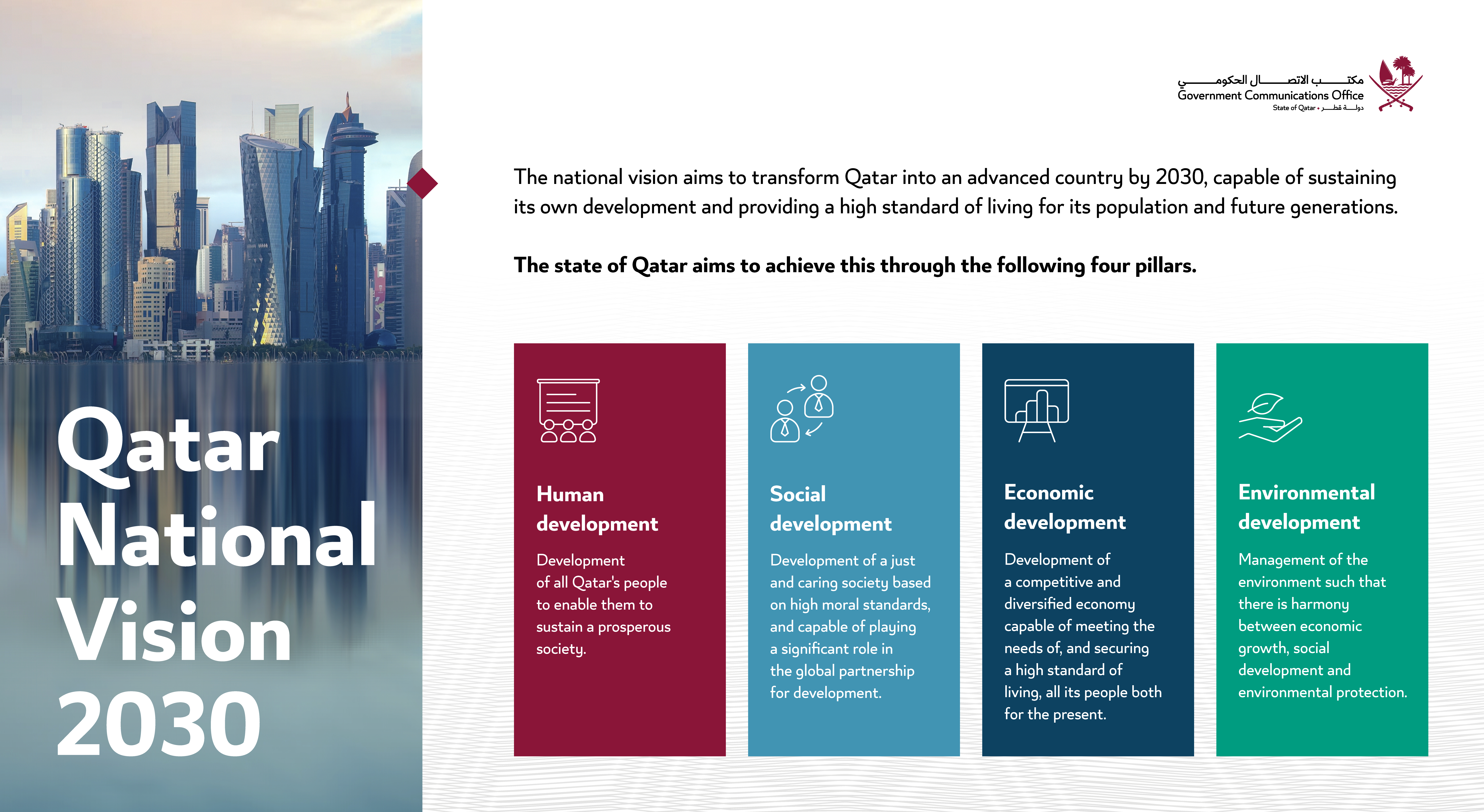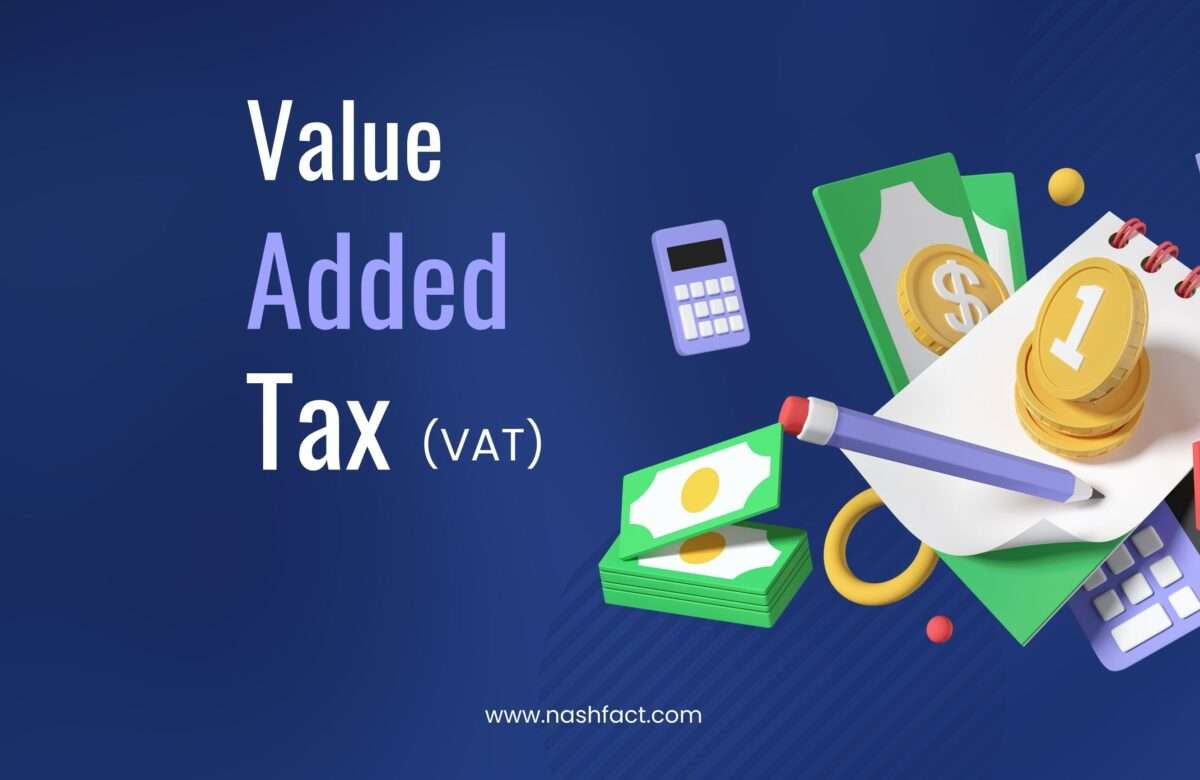- 15 October 2024
- No Comment
- 939
The GCC’s Bold Shift: Preparing for Life After Oil

For decades, the economies of Gulf Cooperation Council (GCC) countries have been deeply tied to oil, which has fueled rapid growth and prosperity. In 2023, for instance, Saudi Arabia exported 6.66 million barrels of crude oil each day, earning a massive $310.6 billion, making it the top oil exporter globally. Across the GCC, oil and gas revenue still accounts for about 75% of government income, and oil exports make up 65% of all exports. However, as global energy demands shift and the World Bank projects a fiscal surplus drop to just 0.1% of GDP in 2024, it’s clear that these nations are at a crossroads. They must look beyond oil to secure their future. That’s where ambitious initiatives like Vision 2030 come in, aimed at reducing oil dependence and focusing on more sustainable, diversified growth.
The Urgency of Economic Diversification
Oil has been the backbone of the GCC’s economies, but over-reliance on it brings risks, especially with fluctuating prices and the global push toward renewable energy. Leaders in the region are keenly aware that sticking to the status quo is not a viable long-term solution. That’s why they’ve shifted their focus to diversifying their economies, looking for opportunities in sectors that can bring more stability and long-term growth.
What is Economic Diversification?
At its core, economic diversification is about spreading a nation’s economic activities across multiple industries, so it’s not overly dependent on just one. In the GCC, this means moving away from relying solely on oil and gas and encouraging the development of industries like tourism, technology, finance, and renewable energy.
Why does this matter? When a country relies too heavily on a single resource like oil, its economy can be vulnerable to market changes. If oil prices fall, the entire economy can suffer, as we’ve seen during various oil price slumps in recent years. By diversifying, GCC countries are building a stronger foundation that isn’t as susceptible to these market fluctuations.
Why Is Economic Diversification Crucial for the GCC?
Here’s why economic diversification is so important for GCC nations:
- Reducing Economic Risk: As the global energy landscape shifts, oil demand is expected to drop. By branching out into other industries, these countries can reduce their exposure to oil market volatility.
- Job Creation: With growing populations, especially younger generations, creating new industries means more jobs, which will be crucial for economic stability in the coming years.
- Sustainable Long-term Growth: Investing in industries like tourism, technology, and finance helps build a more balanced economy that can thrive even when oil prices are low.
Vision 2030 and Other Strategic Frameworks
1. Saudi Arabia’s Vision 2030
Saudi Arabia’s Vision 2030 is perhaps the most well-known diversification plan in the region. Launched in 2016 by Crown Prince Mohammed bin Salman, this ambitious initiative aims to reduce Saudi Arabia’s reliance on oil by focusing on sectors such as tourism, entertainment, renewable energy, and technology. Key goals include:
- Boosting non-oil revenue: Vision 2030 targets a significant increase in non-oil revenue through economic sectors like manufacturing, logistics, and mining.
- Developing tourism: Projects like NEOM, a $500 billion mega-city, and plans to open the Kingdom to international tourists highlight Saudi Arabia’s efforts to become a global travel destination.
- Renewable energy: The country aims to generate 50% of its energy from renewable sources by 2030.
2. UAE’s National Innovation Strategy
The UAE has positioned itself as a hub for innovation, with a focus on becoming a global leader in technology and renewable energy. Its National Innovation Strategy (NIS) outlines key areas of focus:
- Renewable energy: The UAE’s investment in solar energy, particularly through the Mohammed bin Rashid Al Maktoum Solar Park, is a clear example of the country’s commitment to clean energy.
- Artificial intelligence: The UAE has established itself as a leader in AI by appointing a Minister of Artificial Intelligence and integrating AI solutions across various sectors.
- Financial services: Dubai and Abu Dhabi are emerging as fintech hubs, attracting startups and tech companies from around the globe.
3. Qatar’s National Vision 2030
Qatar’s National Vision 2030 focuses on transforming the country into a knowledge-based economy by promoting innovation, education, and technological advancements. With massive investments in healthcare, education, and sports (as seen in Qatar’s hosting of the 2022 FIFA World Cup), the country aims to diversify away from oil and gas exports.

The National Vision foresees development through four interconnected pillars
4. Kuwait Vision 2035
Kuwait’s Vision 2035, also known as “New Kuwait,” aims to diversify its economy by strengthening its private sector and attracting foreign investment. The plan emphasizes infrastructure development, education reform, and improvements in healthcare, all of which are intended to drive the country’s transition away from an oil-centric economy.
The key pillars of Kuwait’s National Development Plan (Kuwait Vision 2035) include:
- Sustainable and diversified economy
- Efficient and effective civil service
- Sustainable living environment
- Advanced and modern infrastructure
- High-quality healthcare services
- Innovative and skilled human capital
- Strengthened global presence and positioning
Key Sectors Driving Economic Diversification
1. Tourism and Entertainment
Tourism is a key pillar of economic diversification efforts in the GCC. Saudi Arabia’s ambitious tourism goals under Vision 2030, the UAE’s world-famous landmarks such as the Burj Khalifa and Expo 2020, and Oman’s focus on eco-tourism all reflect the region’s intent to attract visitors and boost their economies.
2. Technology and Innovation
Technology is playing a critical role in shaping the future of the GCC. The region is investing heavily in tech-driven industries such as AI, fintech, and renewable energy. For instance, the UAE’s efforts in smart city development and Saudi Arabia’s NEOM project aim to showcase the region’s capacity for technological advancement.
3. Renewable Energy
With a focus on sustainability, GCC countries are ramping up investments in renewable energy. Solar energy is the primary focus, with massive projects like Saudi Arabia’s plans for 200 gigawatts of solar energy and the UAE’s solar parks leading the way.
Challenges in Transitioning to a Post-Oil Economy
While the GCC countries have made impressive strides in diversifying their economies, the transition is not without challenges. These include:
- Workforce skill gaps: There is a need for education reform to equip the local workforce with skills relevant to the new sectors.
- Overcoming reliance on government spending: Historically, GCC economies have been heavily supported by government expenditures funded by oil revenues. Reducing this dependency while growing private sector participation is crucial.
- Balancing tradition and modernization: Many GCC nations are balancing rapid modernization with preserving their cultural and social identities, which can sometimes slow down reform efforts.
A Future Beyond Oil
The GCC countries are clearly on the path to a post-oil economy, but the journey will take time and effort. Through strategic initiatives like Vision 2030 and investments in tourism, technology, and renewable energy, these nations are preparing themselves for a future where oil is no longer the primary economic driver. The region’s commitment to innovation, sustainability, and economic reform is a testament to its resilience and forward-thinking approach.
As the world continues to shift toward a more sustainable future, the GCC’s success in diversification will not only secure its economic stability but also position it as a key player in the global economy.


